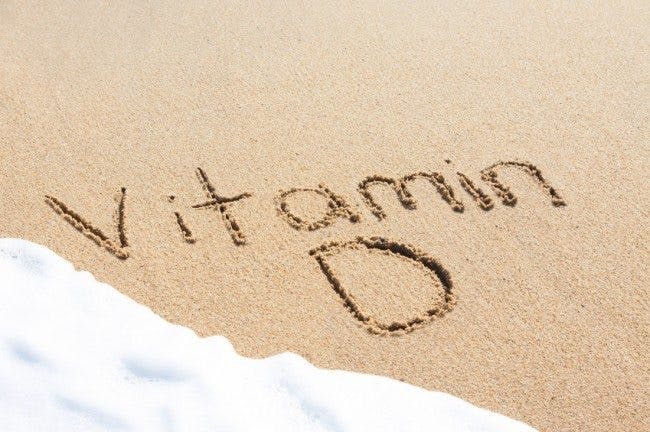Vitamin D: no miracle cure

A new review of studies on vitamin D supplementation show that it does not have a major effect on common chronic diseases. There is no evidence that the risk for heart disease, cancer or stroke is significantly reduced. However, a small reduction in the risk of death (in other words a longer life) was seen in older women taking vitamin D supplements.
- USA Today: Review of vitamin D studies finds little health benefit
- BBC: Vitamin D not needed for healthy people, study finds
- MailOnline: Why taking vitamin D is “pointless”: Review finds taking supplement does little to prevent chronic disease or early death
In previous studies, relatively small doses of vitamin D were given (800 IU, or less, daily) for limited periods of time and to relatively small groups of people. Currently, several high quality studies (supplementation with high doses to larger groups of people for longer periods of time), and the first results are expected to come in 2015. They will give us much more reliable knowledge.
We can, however, already conclude that any potential effect on heart disease, cancer and stroke is limited (probably at best less than a 15% reduction in risk). Supplementing with vitamin D does not give us immunity to our most common causes of death – if anybody expected it to.
However, very exciting findings remain, indicating that avoiding vitamin D deficiency may provide other health effects. When it comes to treatment for depression, certain pain conditions, reduction of abdominal fat and various diseases associated with the immune system (asthma, seasonal allergies, eczema, MS and upper respiratory tract infections) there are many smaller studies demonstrating a positive effect.
There are many more ongoing studies on Vitamin D – including several gigantic studies as mentioned above – and we’ll soon know more.
It may be that some people have been too enthusiastic: Vitamin D is not a miracle cure for every disease (which uncertain observational studies may lead you to think). But many likely positive effects remain. And it’s still a harmless and promising way of improving your odds for keeping healthy and feeling well during the winter months.